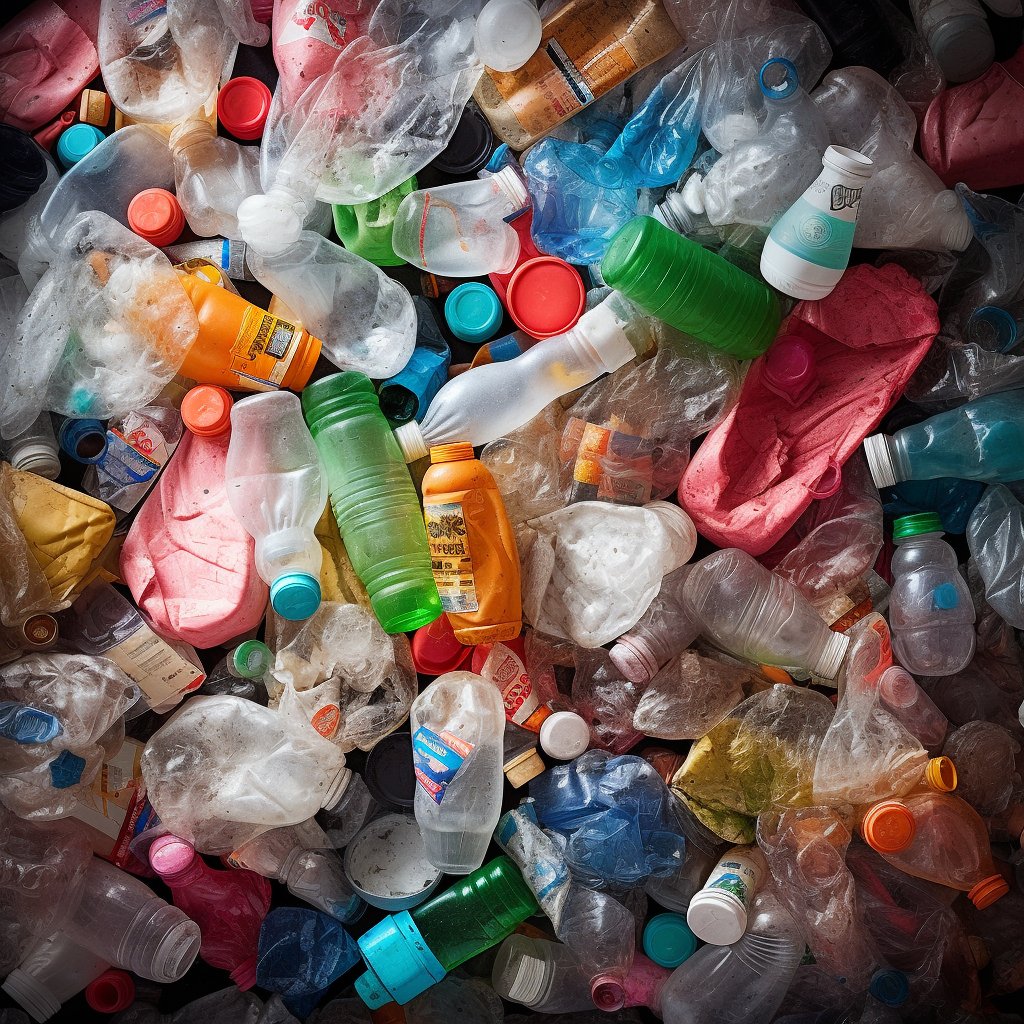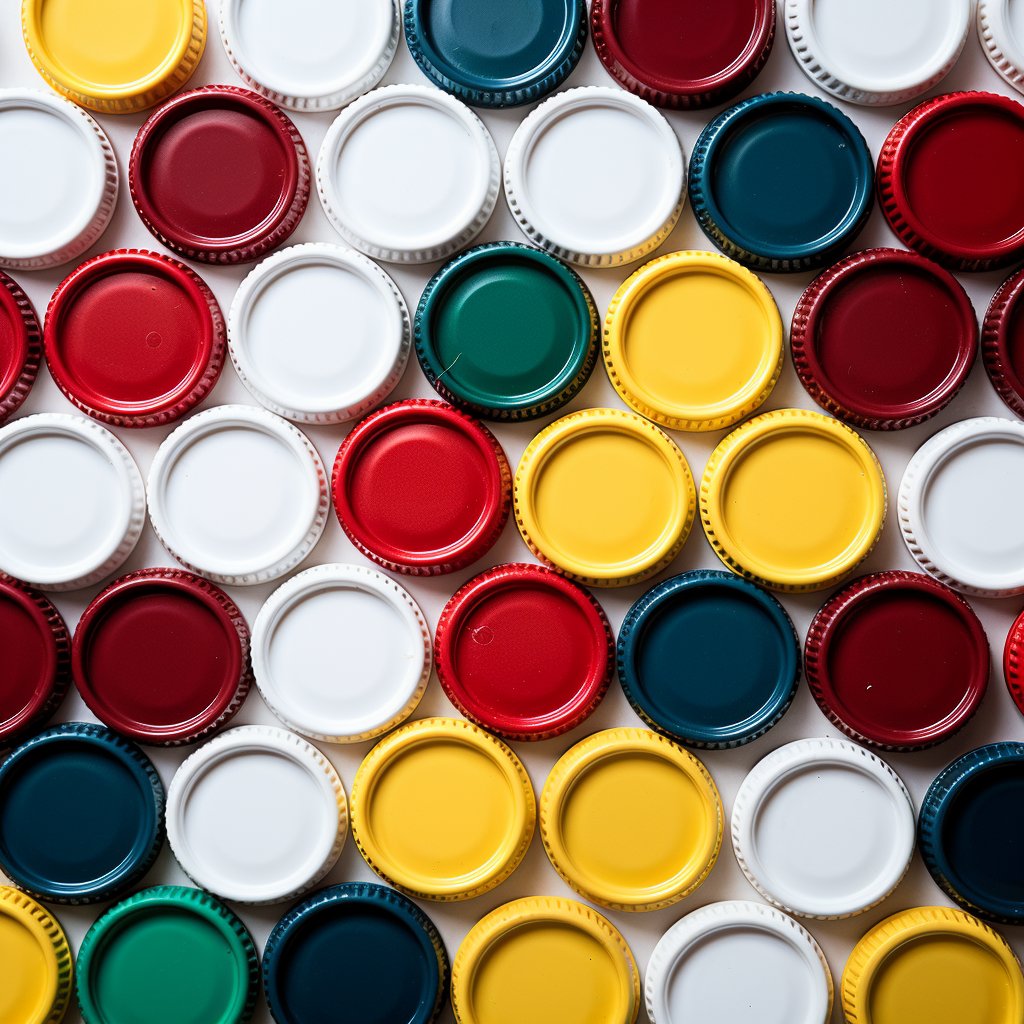DEHP (di-(2-ethylhexyl) phthalate) is a toxic chemical used as a plasticiser in various industrial applications. It is commonly used to produce polyvinyl chloride (PVC) products, including pipes, cables, and flooring. However, due to its hazardous effects on human health, DEHP has been banned or restricted in several countries.
The addition of DEHP to PVC makes it suitable for a range of applications, from construction and automotive to medical devices. DEHP is a known endocrine disruptor linked to developmental and reproductive effects, making it a health concern. The manufacturing and disposal of PVC products containing DEHP can also release toxic pollutants into the environment, causing environmental damage and harm to human health.

Industrial Usage
DEHP is one of the most widely used plasticisers in the world, with an annual production of approximately 2 million tons. It is used to soften and increase the flexibility of PVC, making it more durable and resistant to wear and tear. DEHP is added to PVC products during the manufacturing process and accounts for 40% of the weight of some PVC products. The use of DEHP in producing PVC products has been controversial due to its potentially hazardous effects on human health.
Application Areas
DEHP is used in various products, including medical devices, toys, and food packaging. Medical devices such as blood bags, tubing, and intravenous bags contain PVC and DEHP. DEHP is used in toys to make them soft and flexible and in food, packaging to prevent food spoilage. However, due to the potentially hazardous effects of DEHP on human health, the use of DEHP in these products has been restricted or banned in several countries.

Consumer Product Examples
DEHP is commonly found in various consumer products, including shower curtains, raincoats, and garden hoses. These products contain PVC, which is softened with DEHP. The use of DEHP in consumer products has been a contentious issue due to its potentially hazardous effects on human health. Exposure to DEHP can occur through ingestion, inhalation, or skin contact.
Material Properties
DEHP is a clear, colourless liquid that is slightly soluble in water. It has a high boiling point and is stable at high temperatures. DEHP is highly resistant to UV radiation and is therefore used in outdoor products such as garden hoses and inflatable pool toys. DEHP is also resistant to oils, making it ideal for automotive products such as dashboards and seat covers. However, due to its potentially hazardous effects on human health, the use of DEHP in these products has been restricted or banned in several countries.
Future Trends in Recycling
The use of DEHP in PVC products has raised concerns about the potential environmental impact of these products. PVC products are challenging to recycle, and the presence of DEHP makes the recycling process even more challenging. However, there have been significant advancements in PVC recycling technologies in recent years. Several companies are developing new methods for recycling PVC products, including using chemical solvents to dissolve the PVC and recover the plasticisers. These technologies have the potential to significantly reduce the environmental impact of PVC products while also recovering valuable resources.
Market Price Developments
The market price of DEHP has been volatile in recent years due to changes in global supply and demand. In 2017, the global DEHP market was valued at approximately $3.5 billion, with Asia Pacific accounting for the largest share of the market. However, the market experienced a decline in 2020 due to the COVID-19 pandemic and the resulting economic slowdown. As a result, the global DEHP market is expected to recover slowly in the coming years, with demand driven by growth in end-use industries such as construction, automotive, and medical devices.
Global Impact
Several organisations have identified DEHP as a hazardous chemical, including the US Environmental Protection Agency (EPA) and the European Union (EU). Exposure to DEHP can cause adverse health effects, including reproductive and developmental outcomes, and it is also classified as a carcinogen. As a result, several countries have banned or restricted the use of DEHP in various products, including toys, medical devices, and food packaging. The use of DEHP in PVC products has also raised concerns about the environmental impact of these products, as they are challenging to recycle and can release hazardous chemicals during disposal.
Future Market Prognosis
The future of the DEHP market is closely linked to the growth of end-use industries such as construction, automotive, and medical devices. The increasing demand for PVC products in these industries is expected to drive the demand for DEHP in the coming years. However, the use of DEHP in PVC products is facing increasing scrutiny due to its potentially hazardous effects on human health and the environment. This has led to the developing new plasticisers that are less toxic and more environmentally friendly. As a result, the market for DEHP is expected to face significant challenges in the coming years, with increasing competition from alternative plasticisers. The future of the DEHP market will depend on the ability of manufacturers to develop new products that meet the growing demand for PVC products while also addressing concerns about the potential health and environmental impacts of DEHP.
Environmental and Economic
And the impact of Toxic Chemical DEHP around the world, including environmental and economical
The impact of DEHP is a global concern due to its potentially hazardous effects on human health and the environment. DEHP is a persistent organic pollutant (POP) that can bioaccumulate in living organisms, leading to potential ecological damage. Exposure to DEHP has been linked to reproductive and developmental effects and is also classified as a carcinogen.
Environmental Impact
The use of DEHP in PVC products has raised concerns about the environmental impact of these products. PVC products are challenging to recycle and can release hazardous chemicals. When incinerated, they can cause ecological damage and harm to human health.
Economic Impact
The economic impact of DEHP is also significant. DEHP is used as a plasticiser in various industries, including construction, automotive, and medical devices. The global market for DEHP was valued at approximately $3.5 billion in 2017, with Asia Pacific accounting for the largest share of the market. The use of DEHP in various products has faced increasing scrutiny due to concerns about its potential hazardous effects on human health and the environment. As a result, several countries have banned or restricted the use of DEHP in various products, which can have economic consequences for manufacturers and suppliers.
Future Impact
The future impact of DEHP on the environment and economy will depend on the ability of manufacturers to develop new plasticisers that are less toxic and more environmentally friendly. The use of alternative plasticisers that are less toxic and more environmentally friendly is expected to increase in the coming years, which could have an impact on the demand for DEHP in various industries. This could also impact manufacturers and suppliers of DEHP-based products economically.
DEHP recycling
Recycling is a critical component in reducing the environmental impact of DEHP-based products. PVC products, which are the primary use of DEHP, are challenging to recycle, leading to significant environmental pollution. However, advances in recycling technology have made it possible to recycle PVC products, which could reduce the environmental impact of DEHP-based products.
Recycling DEHP-based products require specialised equipment and processes. PVC products containing DEHP are shredded and treated with solvents to remove plasticiser. The recovered PVC can be used to make new products.
Overall, recycling and the development of alternative plasticisers are critical components in reducing the environmental impact of DEHP-based products. Advances in recycling technology and the development of new plasticisers could significantly impact the DEHP market in the future, reducing the environmental impact of this chemical and its associated products.
The impact of DEHP:
DEHP is a toxic chemical that has significant health and environmental impacts. While its use in PVC products is widespread, it’s important to explore alternatives that are safer for both human health and the environment. Recycling DEHP-based products can help reduce the amount of waste in landfills and contribute to a more sustainable future. If you work in the plastics or recycling industry, we encourage you to stay informed about recycling technology advances and advocate for policies prioritising sustainability and safety.
DEHP is a toxic chemical widely used in the plastics industry for decades. Its negative impact on human health and the environment is undeniable, and we must continue to explore safer and more sustainable alternatives. Advances in recycling technology can help mitigate the impact of DEHP-based products on the environment, but it’s important to remember that recycling alone is not enough. We must also reduce our reliance on DEHP and prioritise using safer alternatives. Working together can create a more sustainable and healthier future for all.







